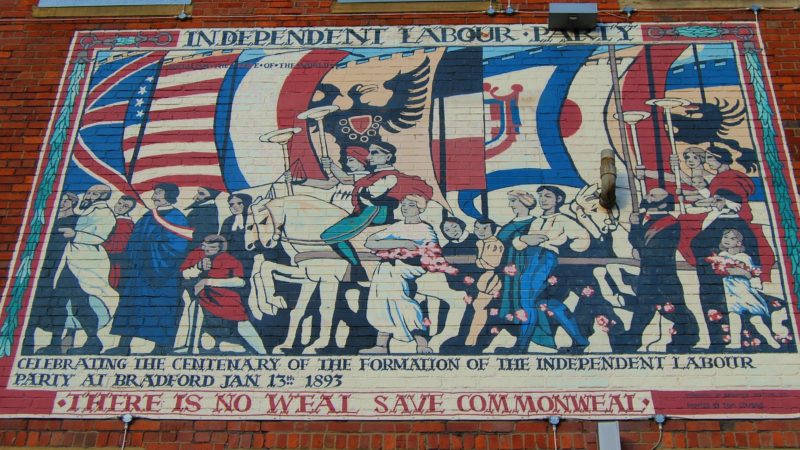Labour has always been a broad church, but today succeed now the party must embrace the experimentation and intellectual radicalism of the early ILP.

The Labour Party now feels more divided than ever. With the NEC meeting to decide on adopting the IHRA definition of antisemitism ending in bitterness between rival factions, it seems as if feuding will continue.
The party is fractured not simply along the lines of antisemitism, but also along those of Brexit and a plethora of other issues – ones which see it unable to function as it should when faced with one of the most dismal, divided and destructive Conservative administrations of the past century. When the Tories are down the Labour Party should be in ascendance – and yet we are not.
The reason for this is not simply the appalling antisemitism that is in the party, though this is something which has to be fought and expunged. It is also a lack of clarity as to what we all must stand for.
There is no one solution. But a start is to return to the values of political experimentation and intellectual radicalism that were seen in the early days of the Labour Party, when it was still known as the Independent Labour Party.
The ILP was a group filled with a mixture of people from different political traditions who combined together to produce the roots of the Labour Party that we know today.
Liberals rubbed shoulders with Marxists in the ILP and though there was disagreement, there was also engagement in debate and an intellectual frankness that is at times lacking in the discourse you hear within the party. Keir Hardie, Ramsay MacDonald and John Bruce Glasier were pivotal to their movement, and the broad coalition that then made up the left contributed ideas that ensured that the future Labour Party would have a concrete and clear set of principles and ideas.
This is, incidentally, partly a reason that a new “centrist party” would likely have no great electoral impact – the Labour movement spent decades discussing and changing before the Labour Party was even formed, and another few decades before it became a truly significant force in British politics.
The beauty of the ILP was that it united thinkers from across the spectrum of the left.
MacDonald, whose socialism came from embracing the Christian Socialist movement that he read about as a boy. Hardie whose socialism came from his personal experience that the Gladstonian Liberals would never give him and his fellow trade unionists what they wanted – true autonomy. And Glasier, whose socialist roots were from a belief in scientific rigour that would help to advance the cause of liberty.
As the great social scientist John Atkinson Hobson makes clear in his introduction to Glasier’s seminal work, The Meaning of Socialism: “The great vision is held out to us, not as the result of an inevitable process but as the continuation of the great experimental work, by which mankind has climbed with pain and difficulty from the brutes to be as yet considerably lower than the angels.”
Even though Hobson was a great critic of MacDonald, they both praised Glasier’s book and were active members of the ILP.
It is this intellectual pushing forward, this academic debate that we should never be afraid of and purely embrace. For without debate and a confidence to challenge our ideas, of ‘daring to be a Daniel’, we will finally fall into insignificance and irrelevance.
Only by harnessing the spirit of cooperation, intellectual rigour and determination that the ILP represented can we secure the change we need.
Will Barber Taylor is a writer and Labour member.
To reach hundreds of thousands of new readers we need to grow our donor base substantially.
That's why in 2024, we are seeking to generate 150 additional regular donors to support Left Foot Forward's work.
We still need another 117 people to donate to hit the target. You can help. Donate today.



